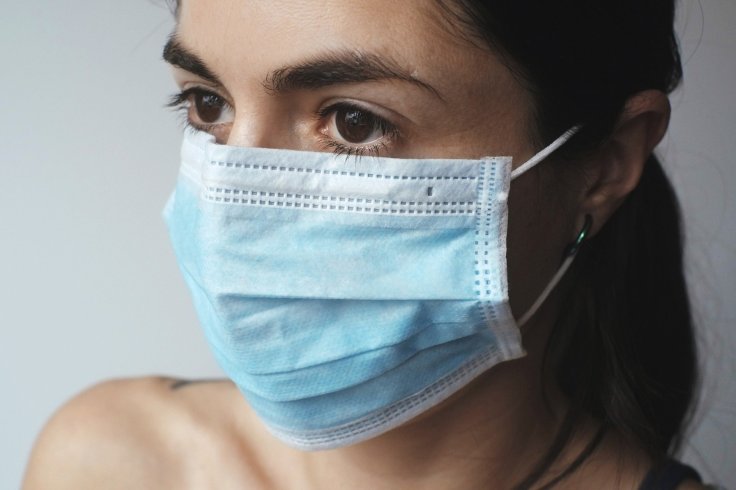Sonovio, an Israeli start-up that began receiving widespread recognition after it began racing against time to produce face masks using its proprietary anti-microbial fabric at the beginning of the COVID-19 pandemic in Israel, has finally commenced commercial sales of its product.
The company began manufacturing its masks at a plant near the city of Nahariya in March. At the time, the Middle Eastern nation had only 200 known cases of the coronavirus infection. The mask, which is based on a sonochemical process developed at the Bar-Ilan University, has sold 30,000 units so far.
A large part of the company's clientele is distributors and nonprofit organizations in the US. Jason Migdal, a research scientist with Sonovia, said, "When coronavirus started, we were an Israeli startup." He added, "Now, we are a commercial business that is having success internationally."

Making Fabrics Resistant to Microbes
The masks are manufactured from a fabric developed exclusively by Sonovia. The fabric is the result of nearly-permanent, ultrasonic, fabric-finishing technology that mechanically impregnates nanoparticles of zinc oxide into textiles. A physical phenomenon known as cavitation forms the basis of the technology.
"Sound waves are used to physically infuse desired chemicals onto the structure area of materials, enhancing them with clinically proven antiviral and antibacterial properties," said Dr. Midgal to The Jerusalem Post. The antibacterial protection of the fabric is derived from the low-cost metal-oxide nanoparticles such as copper oxide and zinc oxide that Sonovia uses for the purpose.
Dr. Migdal illustrated that the SARS-CoV-2 virus—the pathogen that causes COVID-19—spreads through direct contact and aerosol. Hence, protective personal equipment with antiviral properties is "of crucial importance to combat the transmission of this viral epidemic."
Effective In Imparting Antimicrobial Properties

With grants from the European Union, in conjunction with 16 collaborators from 10 European countries, research conducted to ascertain its effectiveness attested to the success of the one-step process. Ultrasonic irradiation leads to the creation of antimicrobial metal-oxide nanoparticles and infuses them into the fibers of the textile material. Also, fabrics that were suffused with copper and zinc oxide were found to retain a considerable amount of antibacterial activity after 65 wash cycles of 92 C or 100 wash cycles at 75 C.
According to the WHO droplets whose sizes are below five microns in diameter are believed to be the source of transmission of the contagion. However, recent filtration results—inhalation and exhalation—have shown a 98 percent efficiency in trapping aerosols of this size. Dr. Midgal also said that Sonovio was preparing for the launch of another study in association with Bar-Ilan University and Israel's Defense Ministry in the coming weeks.
Besides masks for human beings, the company has also designed masks to cater to the safety of cats and dogs as new studies have begun suggesting that pets can infect people and be infected by them, Dr. Midgal said. Nevertheless, the product is yet to be manufactured and additional data for the purpose is being awaited by the company Dr.Midgal said.









